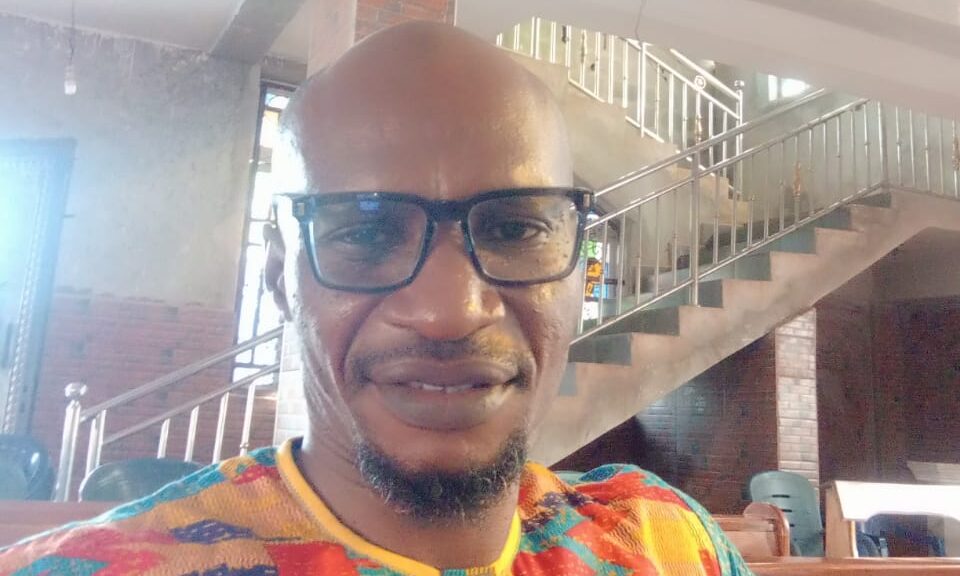Corporal Larry sat on the edge of his bunk, the uniform folded neatly beside him. His three children’s school fees were due, the rent was late, and his stomach had learned the taste of skipping meals. Outside, the city pulsed with life—traffic snarled, men argued over fares, and somewhere a driver grumbled at a checkpoint.
“Remove the pockets,” people said. “It will stop bribery.” He laughed, a bitter sound in the dim room. A recent Transparency International report ranks Nigeria 157 out of 180 countries in corruption perception. Police bribes at checkpoints account for over 60% of reported petty corruption. People saw only the money, not the hunger behind the uniform.
Larry wasn’t blind to abuse; he had seen colleagues slip notes into pockets, smirk, and move on. But they weren’t all greedy—many, like him, were surviving on a monthly salary averaging ₦70,000, barely enough for a family of five. Remove the pockets, he thought, and what then? The corruption would find another home—in cars, bags, or shoes.
He wanted to serve. He wanted to protect. But service without support was a high-stakes gamble. Real reform, not symbolism, was the only path: adequate pay, proper equipment, monitored checkpoints, and public accountability mechanisms. Only then could pockets be empty, and morality full.
Larry folded his uniform, pockets or no pockets, and stepped into the night. The city waited.



